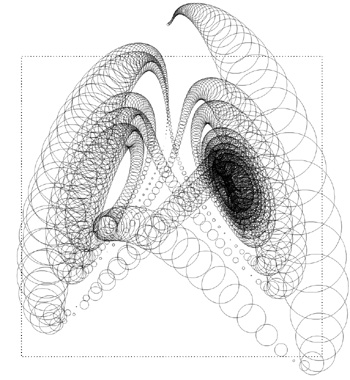When has numerology been successfully used in math and science? The Monstrous Moonshine conjecture led to a Fields medal for Borcherds. Balmer's formula for hydrogen spectra led to the Bohr model of the atom.
We could extend this to general computational experimentation. For example, the Birch-Swinnerton-Dyer conjecture was originally formulated based on sketchy computational results. Gauss guessed the law of quadratic reciprocity and the prime number theorem from his calculations too. Are there other interesting or instructive examples?

